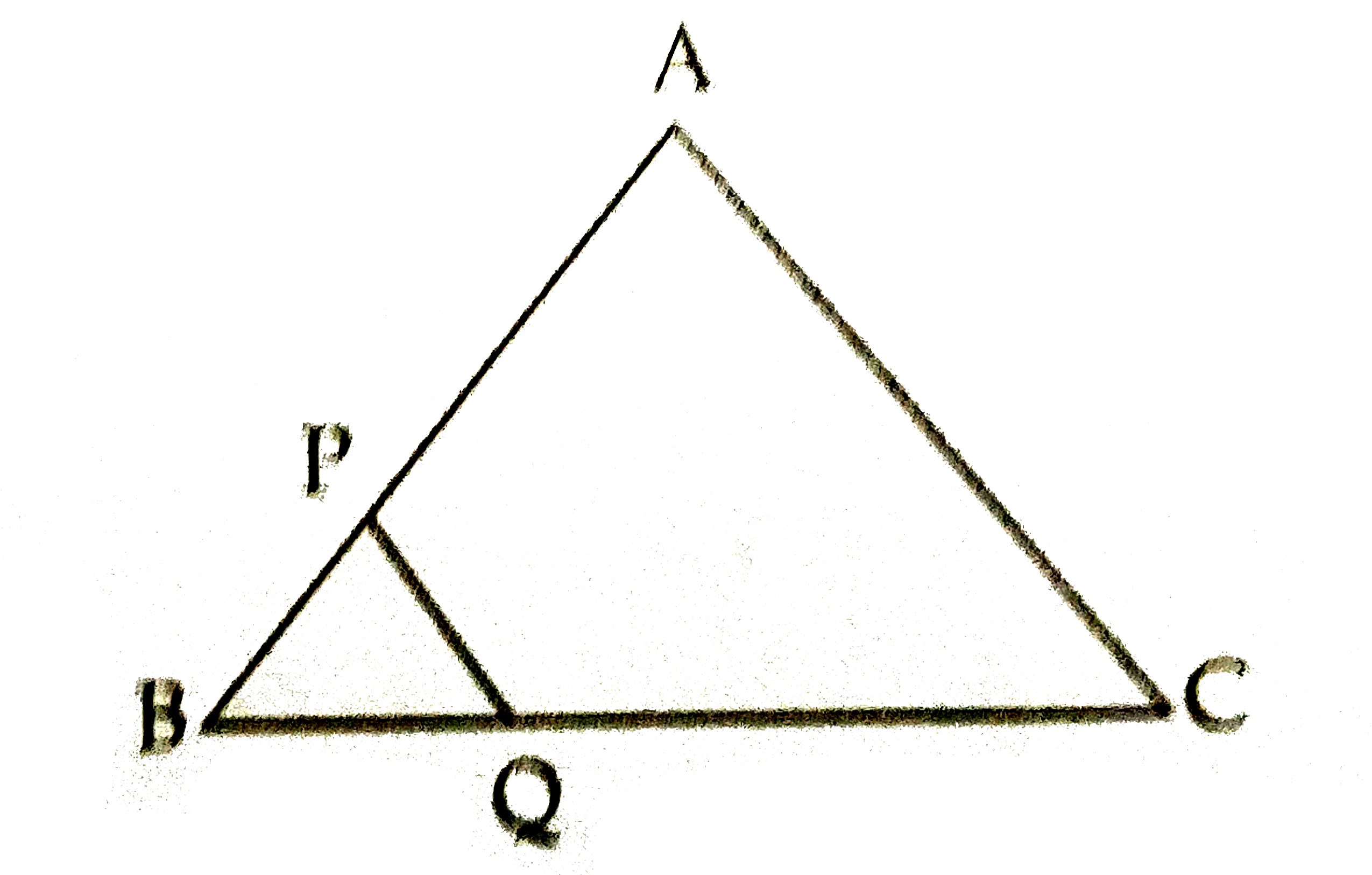The sum of roots (α+β) = ……………… A)−ba B)ba C)−ca D)caSolution in Tamil
−ba
ba
−ca
ca
The correct Answer is:A
Step by step video, text & image solution for The sum of roots (alpha+beta) = ……………… A)(-b)/a B)b/a C)(-c)/a D)c/a by Maths experts to help you in doubts & scoring excellent marks in Class 10 exams.
Updated on:21/07/2023Topper's Solved these Questions
- QUADRATIC EQUATIONSBOOK - CHETAN PUBLICATIONCHAPTER - QUADRATIC EQUATIONSEXERCISE - PROBLEMS FOR PRACTICE
21 Videos
- QUADRATIC EQUATIONSBOOK - CHETAN PUBLICATIONCHAPTER - QUADRATIC EQUATIONSEXERCISE - ASSIGNMENT
12 Videos
- QUADRATIC EQUATIONSBOOK - CHETAN PUBLICATIONCHAPTER - QUADRATIC EQUATIONSEXERCISE - PRACTICE SET 2.6
10 Videos
- PYTHAGORAS THEOREMBOOK - CHETAN PUBLICATIONCHAPTER - PYTHAGORAS THEOREMEXERCISE - ASSIGNMENT -5
1 Videos
- SIMILARITY BOOK - CHETAN PUBLICATIONCHAPTER - SIMILARITY EXERCISE - ASSIGNMENT-1
12 Videos
Similar Questions
If x=9 is one root of the quadratic equation x2−11x+k=0, then find the value of k.
View SolutionIf α and β are the roots of quadratic equation 2x2+4x+3=0, then the value of α+β=
View SolutionProduct of Pragati's age 2 years ago and 3 years hence is 84. Find her present age.
View SolutionSolve the following sub question :
In an equilateral triangle ABC, the side BC is trisected at D. prove that 9AD2=7AB2
View SolutionSelect the appropriate alternative : In the adjoining figure ,PQ∣∣AC.BP=6,PA=8,BQ=9 , then QC = ……………

View SolutionLet α,β be the roots of the equation (x−a)(x−b)=c,c≠0. Then the roots of the equation (x−α)(x−β)+c=0 are a,c b. b,c c. a,b d. a+c,b+c
View SolutionIf α,β be the roots of the equation (x−a)(x−b)+c=0(c≠0), then the roots of the equation (x−c−α)(x−c−β)=c are aandb+c (b) a+bandb a+candb+c (d) a−candb−c
View SolutionLet α,β be the roots of the equation (x−a)(x−b)=c,c≠0 Then the roots of the equation (x−α)(x−β)+c=0 are a,c (b) b,c a,b (d) a+c,b+c
View SolutionIf a+b+c=αd,b+c+d=βaanda,b,c are non-coplanar, then the sum of a+b+c+d=
View SolutionIf alpha,beta are non-real roots of ax^(2)+bx+c=0,(a,b,c in R), then (A)alpha beta=1(B)alpha=beta(C)(a beta)/(alpha beta)=1(D)alpha=bar(beta)
View SolutionLet α,β be the roots of the equation (x−a)(x−b)=c,c≠0. Then the roots of the equation (x−α)(x−β)+c=0 are a,c b. b,c c. a,b d. a+c,b+c
View SolutionIf α,β re the roots of ax2+c=bx, then the equation (a+cy)2=b2y in y has the roots a.αβ−1,α−1β b. α−2,β−2 c. α−1,β−1 d. α2,β2
View SolutionIf α,β are the roots of the equation ax2+bx+c=0 then the roots of the equation (a+b+c)x2−(b+2c)x+c=0 are (a) c (b) d−c (c) 2c (d) 0
View Solutionα,β are roots of quadratic equation ax2+bx+c=0. Then (α+β)=______ a)−ba b)ba c)−ca d)ca
View SolutionFor quadratic equation the product of the roots αandβ=…………..a)−ba b)ca c)−ca d)ba
View Solution
